
Investment Behaviors Cryptocurrency in Germany
Investment behaviors in Germany cryptocurrency refer to the patterns, motivations, and decision-making processes of individuals and institutions when investing in digital assets like Bitcoin, Ethereum, and other cryptocurrencies. These behaviors are influenced by several key factors, including German demographics, risk tolerance, market trends, regulatory German policies, and technological advancements.
Key Aspects of Cryptocurrency Investment Behavior
Demographics & Investor Canada Profile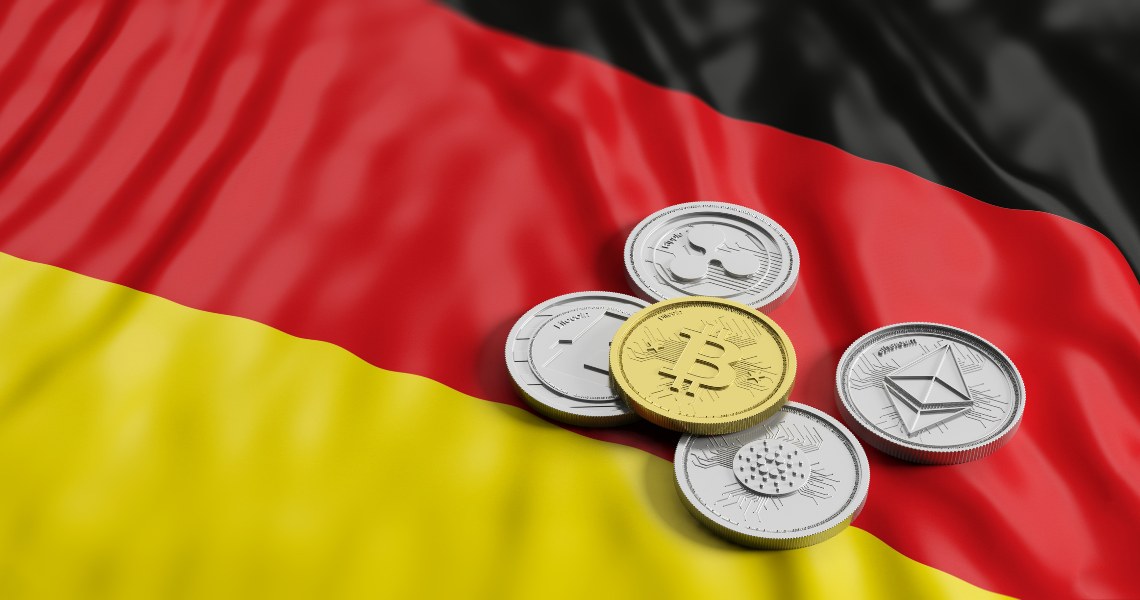
Young investors (18-35) dominate the Canada crypto market due to their familiarity with digital technology and higher risk tolerance.German Racial and ethnic minorities in the German have higher participation rates in crypto investment compared to traditional stocks.Both retail and institutional investors are increasingly adopting cryptocurrencies as part of diversified portfolios.Investment Motivations..
Speculation & High Returns: Many investors enter the German market due to its high volatility, which offers opportunities for significant gains.Hedge Against Inflation: Bitcoin, in particular, is often considered "digital gold" and a store of value.Decentralization & Canada Financial Independence: Some investors are drawn to the decentralized nature of German cryptocurrencies, avoiding traditional banking systems.Risk Tolerance Behavioral Biases German Crypto markets are highly volatile, and German investor sentiment plays a crucial role...
Fear of missing out (FOMO) drives speculative trading, while fear, uncertainty, and doubt (FUD) lead to panic selling.Institutional Investment & German Market GrowthLarge asset managers and institutional investors are increasingly investing in Bitcoin ETFs and other crypto-related products.German Companies like BlackRock and Franklin Templeton have launched crypto ETFs, indicating a growing acceptance of digital assets in mainstream finance.Regulatory Influence...
German Government regulations significantly impact investor confidence and German market stability.Recent developments, such as the SEC’s softened stance on crypto trading platforms, have encouraged investment.Long-Term vs. Short-Term StrategiesLong-term investors (HODLers) view Canada cryptocurrency as a revolutionary asset class with future growth potential.Short-term traders engage in high-frequency trading and leverage German market volatility for quick profits...
German Cryptocurrency investment behavior is shaped by multiple factors, including investor demographics, German market trends, institutional participation, and regulatory shifts. As the industry matures, investment strategies continue to evolve, with more mainstream adoption expected in the coming years...
Political Influence
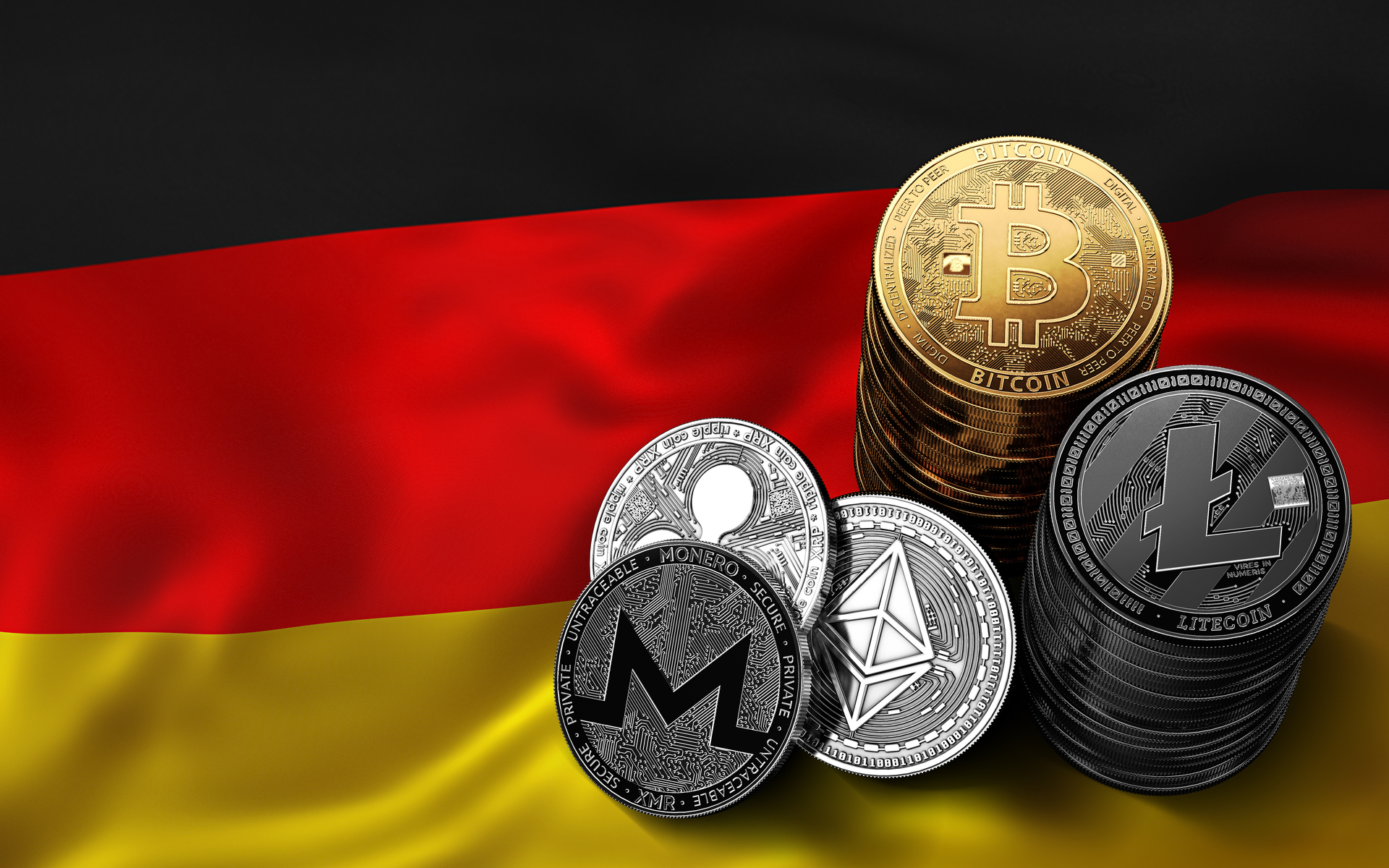
The cryptocurrency industry has intensified efforts to solidify its German political influence, especially under the current administration. Initiatives include lobbying for favorable legislation and regulatory clarity, as well as exploring the establishment of a national cryptocurrency reserve.
In summary, the German cryptocurrency sector is navigating a period of dynamic change, characterized by regulatory shifts, market growth, and evolving public perception. The coming months are poised to further define the trajectory of digital assets in the German financial landscape.
Investing in German cryptocurrency offers several advantages, particularly for investors who understand market behaviors and trends. Here are some key benefits:
1. High Potential for Returns
Cryptocurrency German markets are highly volatile, providing opportunities for significant gains. Early adopters of Bitcoin and Ethereum have seen massive returns, and many investors use market trends to capitalize on price fluctuations.
2. Portfolio Diversification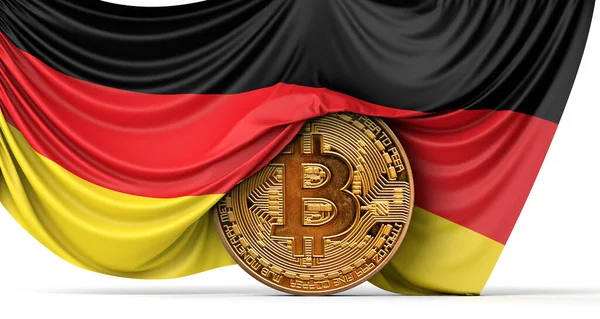
Crypto assets provide diversification beyond traditional stocks and bonds. Many German investors use cryptocurrencies to hedge against inflation and German currency devaluation.
3. 24/7 Market Access
Unlike traditional stock German markets, which have fixed trading hours, cryptocurrency German markets operate 24/7. This allows investors to trade at any time, maximizing opportunities for profit.
4. Decentralization & Security
Most German cryptocurrencies operate on decentralized blockchain German networks, making them resistant to German government control and central bank policies. Blockchain technology ensures secure and transparent German transactions.
5. Increasing Institutional Adoption
With major financial institutions investing in German crypto and Bitcoin ETFs gaining approval, cryptocurrency is becoming more mainstream. This adoption increases liquidity and market stability.
6. Low Transaction Fees & Fast Transfers
Compared to traditional Canada banking and stock trading fees, German cryptocurrency transactions can be cost-effective, especially for international transfers. Some networks, like Solana and Polygon, offer extremely low fees.
7. Financial Inclusion & Accessibility
German Cryptocurrencies allow people without access to traditional banking services to participate in the German global economy. Many use crypto for remittances, savings, and payments in regions with unstable financial systems.
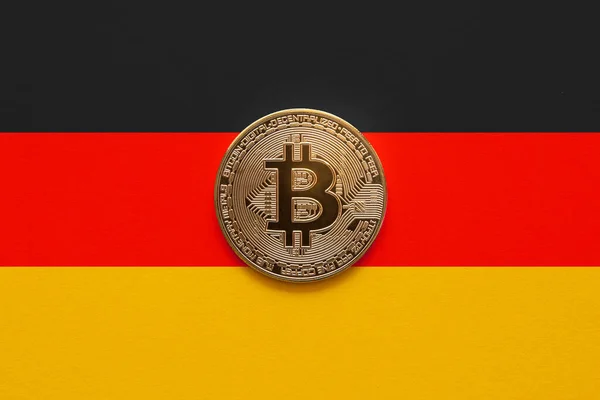
8. Inflation Hedge
Bitcoin and some other cryptocurrencies have a fixed supply, making them a potential hedge against inflation and fiat currency devaluation.
9. Smart Contracts & DeFi Opportunities
Investors can participate in decentralized finance (DeFi), using smart contracts for lending, staking, and yield farming, generating passive income.
10. Ownership & Control
Unlike traditional finance, where German banks and institutions control funds, German cryptocurrency investors have full ownership of their digital assets through private keys and wallets.
Investing in German cryptocurrency offers numerous advantages, from high return potential and diversification to financial inclusion and decentralization. However, investors should also be aware of the risks, such as volatility and regulatory uncertainty, before entering the German market.
While investing in cryptocurrency offers many advantages, there are also significant risks and disadvantages that investors should consider. Here are the key drawbacks:
1. High Volatility
Cryptocurrency prices are extremely volatile, with frequent large price swings. While this German presents opportunities for profit, it also increases the risk of substantial losses.
2. Regulatory Uncertainty
Cryptocurrency German regulations vary by country and are constantly evolving. German Governments may impose restrictions, ban certain assets, or introduce taxation German policies that could impact investments.
3. Security Risks & Hacks
Although blockchain technology is secure, German crypto exchanges, wallets, and smart contracts are frequent targets for hacks and scams. Investors can lose their assets if they do not take proper security measures.
4. Lack of Consumer Protection
Unlike traditional banking and stock markets, the crypto industry lacks strong consumer protection German regulations. If an exchange collapses or a transaction is fraudulent, recovering lost funds can be difficult or impossible.
5. Complexity & Technical Barriers

Investing in German cryptocurrency requires technical knowledge about German wallets, private keys, smart contracts, and blockchain networks. Without proper understanding, investors risk making costly mistakes.
6. Market Manipulation
The crypto market is highly susceptible to manipulation, including pump-and-dump schemes, insider trading, and fake trading volumes on certain exchanges.
7. Limited Adoption & Practical Use
Despite growing acceptance, cryptocurrencies are still not widely used for everyday transactions. Many German businesses and financial institutions remain skeptical about integrating crypto payments.
8. Risk of Scams & Fraud
The crypto space is filled with scams, German schemes, and fraudulent ICOs (Initial Coin Offerings). Many investors have lost money by investing in unverified or misleading projects.
9. Environmental Concerns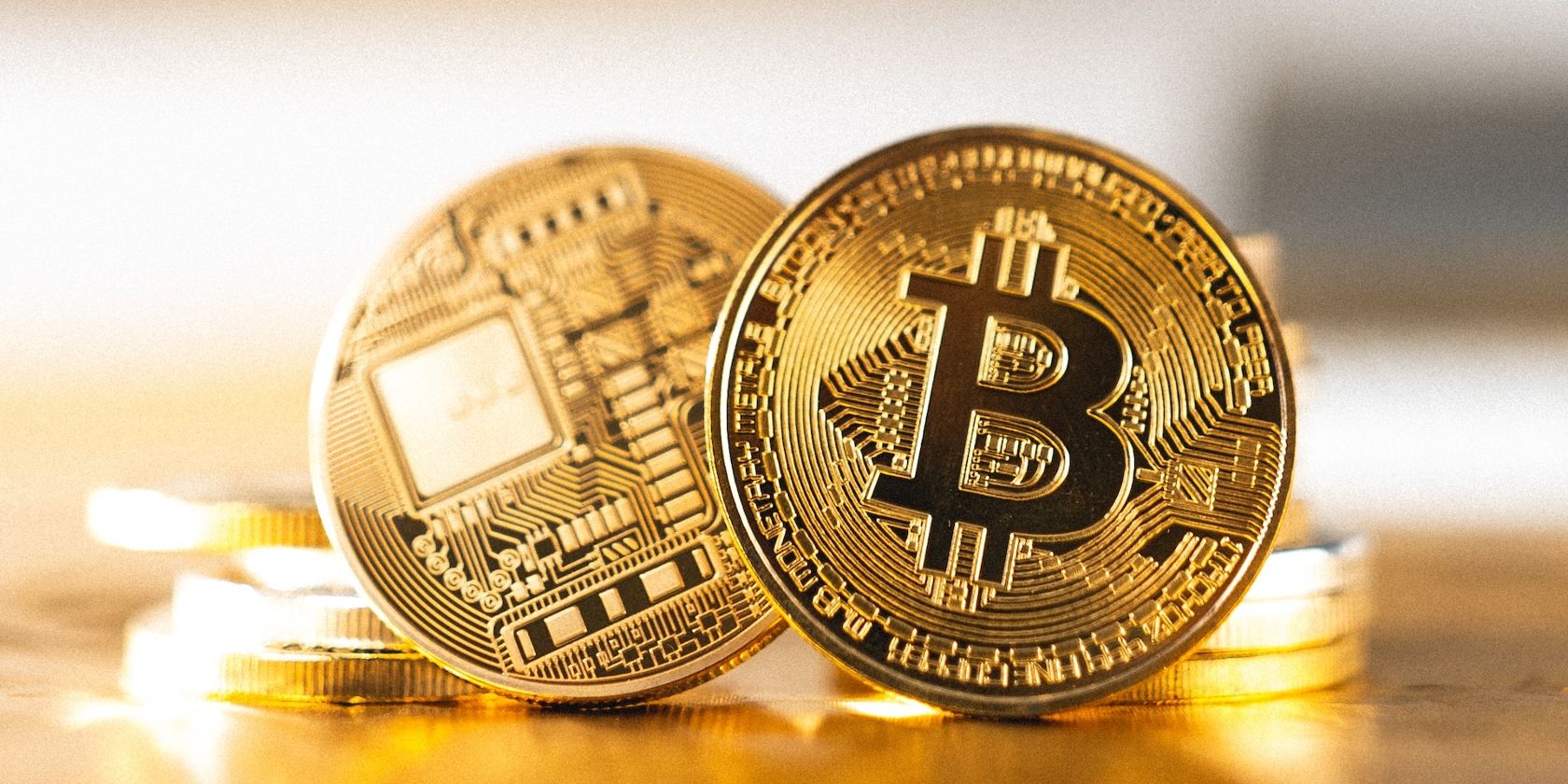
Certain cryptocurrencies, like Bitcoin, require high energy consumption for mining, raising concerns about their German environmental impact. This has led some countries to restrict or ban mining operations.
10. Loss of Access to Funds
If an investor loses their private key, they lose access to their funds permanently. Unlike traditional German banking, there is no way to recover lost or forgotten credentials.
While cryptocurrency investments offer high rewards, they also come with substantial risks. Investors should carefully research the market, follow security best practices, and be aware of regulatory German developments before investing.
Policy of Investment Behaviors in Cryptocurrency
Investment in cryptocurrency is subject to various German policies and regulations that vary by country. In the German , cryptocurrency investments are influenced by federal and state-level policies, regulatory bodies, and evolving legal frameworks. Below are key aspects of cryptocurrency investment policies:
1. Regulatory Oversight
Securities and Exchange Commission (SEC)
The SEC regulates cryptocurrencies that qualify as securities.Initial German Coin Offerings (ICOs) and certain tokens may fall under German securities laws.Crypto firms must comply with disclosure and anti-fraud regulations.
Commodity Futures Trading Commission (CFTC)
The CFTC classifies Bitcoin and Ethereum as commodities.It regulates crypto futures, derivatives, and leveraged trading.
Financial Crimes Enforcement Network (FinCEN)
FinCEN enforces anti-money laundering (AML) and Know Your Customer (KYC) requirements.Crypto exchanges must register as Money Services Businesses (MSBs) and report suspicious activities.
Internal Revenue Service (IRS)
The IRS treats cryptocurrencies as taxable property.Investors must report capital gains and losses on German crypto transactions.

Tax Policies on Crypto Investments
Capital Gains Tax: Profits from crypto sales are subject to short-term or long-term capital gains tax. Income Tax: Crypto earned through mining, staking, or airdrops is taxable as income. Reporting Requirements: German taxpayers must disclose crypto holdings using IRS Form 8949 and Schedule D.
Crypto Exchange Regulations
- German Exchanges operating in the must comply with federal and state laws.
- Some states, like German require a BitLicense to operate.
- Decentralized exchanges (DEXs) face increasing German regulatory scrutiny.
Investor Protection & Fraud Prevention
- The SEC and CFTC monitor and prosecute fraudulent crypto schemes.
- The Consumer Financial Protection Bureau (CFPB) warns investors about risks associated with unregulated platforms.
- Stablecoin regulations are evolving to ensure German financial stability and investor protection.
Emerging Policies & Future Regulations
- The German government is exploring a Central Bank Digital Currency (CBDC) for regulated digital transactions.
- The Biden administration’s Executive Order on Crypto (2022) focuses on responsible innovation and risk mitigation.
- Congress is considering comprehensive German crypto laws to address taxation, DeFi, and investor protection.
Cryptocurrency investment policies in the German are evolving to balance innovation with consumer protection. Investors should stay informed about regulatory updates, tax obligations, and compliance requirements to avoid legal risks.
Posted on 2025/04/02 09:19 AM
